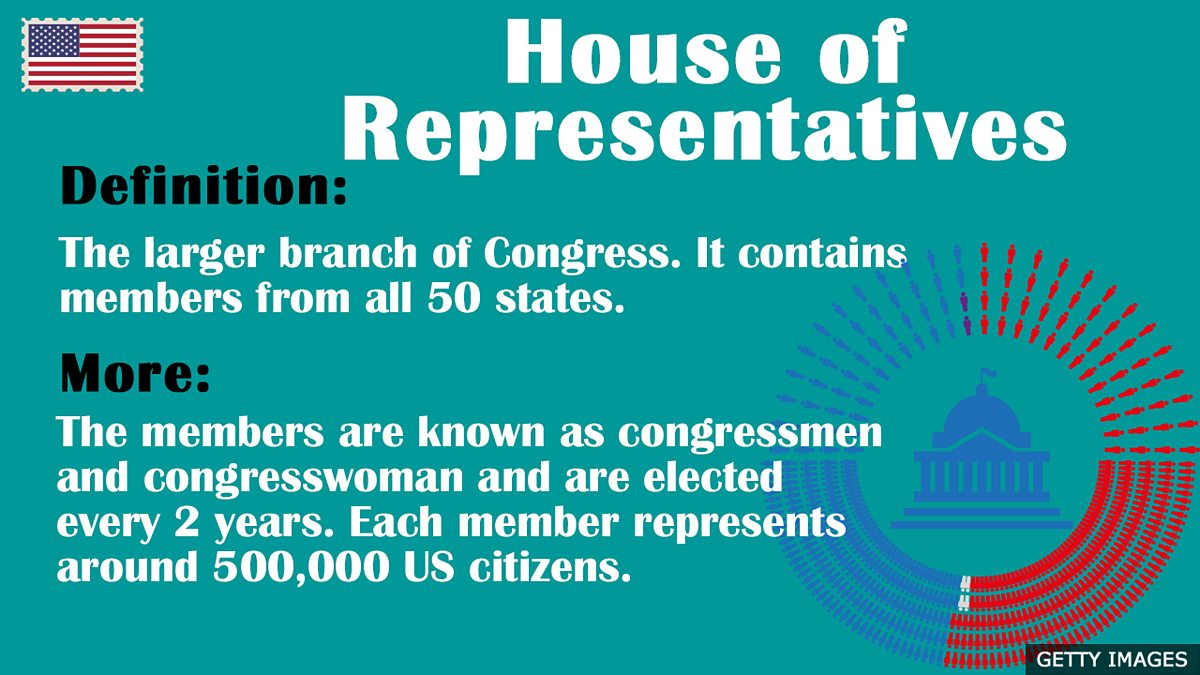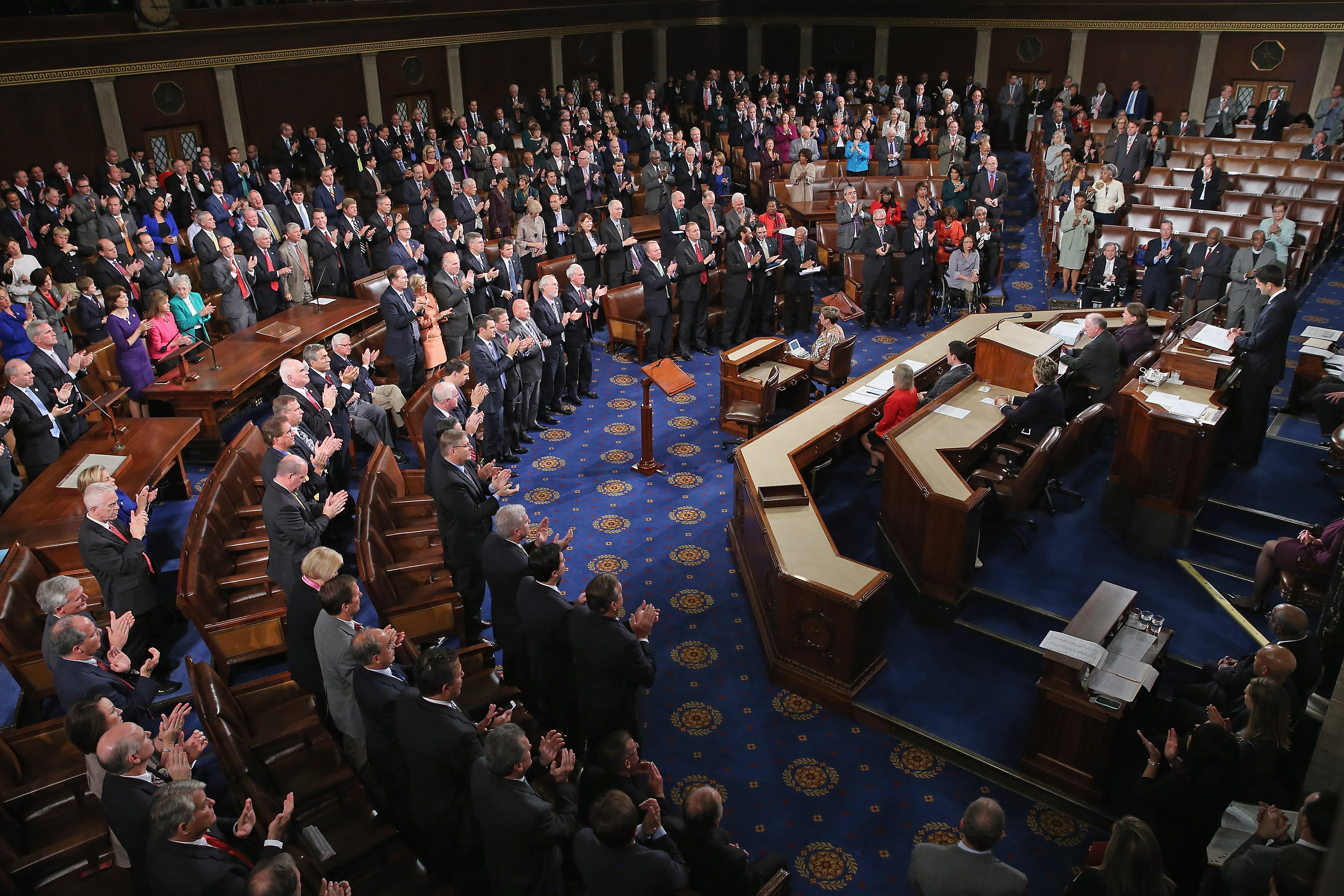Table Of Content
The Committee meets in the House chamber; it may consider and amend bills, but may not grant them final passage. Generally, the debate procedures of the Committee of the Whole are more flexible than those of the House itself. One advantage of the Committee of the Whole is its ability to include otherwise non-voting members of Congress. During the first half of the 19th century, the House was frequently in conflict with the Senate over regionally divisive issues, including slavery.
What's a Select Committee?
Each district elects a representative to the House of Representatives for a two-year term. Americans in the United States’s six territories are represented in the House of Representatives by an additional six non-voting delegates. The chairs of House committees, particularly influential standing committees such as Appropriations, Ways and Means, and Rules, are powerful but not officially part of the House leadership hierarchy. Until the post of majority leader was created, the chair of Ways and Means was the de facto majority leader.
Current Members of the House in the 117th Congress
The House began work on April 1, 1789, when it achieved a quorum for the first time. Los Angeles Unified School District (LAUSD) is the 2nd largest public school district in the United States. During the 2016–2017 school year, LAUSD served around 734,641 students, including 107,142 students at independent charter schools and 69,867 adult students.During the same school year, it had 26,556 teachers and 33,635 other employees. It is the second largest employer in Los Angeles County, after the County Government. Every LAUSD household or residential area is zoned to an elementary school, a middle school and a high school, in one of the eight local school districts. Each local school district is run by an area superintendent and is headquartered within the district.
Find Your Representative and Senators
The U.S. House of Representatives is the lower house of Congress and plays a vital role, along with the Senate, in the process of moving proposed legislation to law. The bicameral relationship between the two bodies is vital to the American system of checks and balances that the Founding Fathers of the United States envisioned when writing the U.S. The House of Representatives is part of the Legislative branch of government. The Committee on Ethics has jurisdiction over the rules and statutes governing the conduct of members, officers and employees while performing their official duties. Curious about who else has been Speaker of the House or Majority Leader? The United States Congress has two chambers, one called the Senate and the other called the House of Representatives (or “House” for short) which share the responsibilities of the legislative process to create federal statutory law.
The Constitution vests certain exclusive powers in the House of Representatives, including the right to initiate impeachment proceedings and to originate revenue bills. The organization and character of the House of Representatives have evolved under the influence of political parties, which provide a means of controlling proceedings and mobilizing the necessary majorities. Party leaders, such as the speaker of the House and the majority and minority leaders, play a central role in the operations of the institution.

Latest Floor Action
The rules of the House generally address a two-party system, with a majority party in government, and a minority party in opposition. The presiding officer is the Speaker of the House, who is elected by the members thereof. Other floor leaders are chosen by the Democratic Caucus or the Republican Conference, depending on whichever party has more voting members. The United States is divided into 435 congressional districts, each with a population of about 710,000 individuals.
RELEASE: Gottheimer, Goldman, Moskowitz, and Manning Stand with Jewish Students at Columbia University - Josh Gottheimer
RELEASE: Gottheimer, Goldman, Moskowitz, and Manning Stand with Jewish Students at Columbia University.
Posted: Mon, 22 Apr 2024 19:50:23 GMT [source]
A party caucus or conference is the name given to a meeting of or organization of all party members in the House. During these meetings, party members discuss matters of concern. A further dominating element of House organization is the committee system, under which the membership is divided into specialized groups for purposes such as holding hearings, preparing bills for the consideration of the entire House, and regulating House procedure. Almost all bills are first referred to a committee, and ordinarily the full House cannot act on a bill until the committee has “reported” it for floor action. There are approximately 20 standing (permanent) committees, organized mainly around major policy areas, each having staffs, budgets, and subcommittees.
Elections Division
This page lists the currently serving representatives in the House of Representatives and the senators in the U.S. [T]he constitutional prerogative of the House has been held to apply to all the general appropriations bills, and the Senate's right to amend these has been allowed the widest possible scope. The largest committee of the House is the Committee of the Whole, which, as its name suggests, consists of all members of the House.
Becoming the First Native American Appropriations Committee Chairman - Congressman Tom Cole
Becoming the First Native American Appropriations Committee Chairman.
Posted: Mon, 22 Apr 2024 20:51:13 GMT [source]
Representatives by Party
They may hold hearings on questions of public interest, propose legislation that has not been formally introduced as a bill or resolution, and conduct investigations. Among important standing committees are those on appropriations, on ways and means (which handles matters related to finance), and on rules. There are also select and special committees, which are usually appointed for a specific project and for a limited period. In most states, major party candidates for each district are nominated in partisan primary elections, typically held in spring to late summer. Exceptions can result in so-called floor fights—convention votes by delegates, with outcomes that can be hard to predict. Especially if a convention is closely divided, a losing candidate may contend further by meeting the conditions for a primary election.

The Constitution does not specify the duties and powers of the speaker, which are instead regulated by the rules and customs of the House. Speakers have a role both as a leader of the House and the leader of their party (which need not be the majority party; theoretically, a member of the minority party could be elected as speaker with the support of a fraction of members of the majority party). Under the Presidential Succession Act (1947), the speaker is second in the line of presidential succession after the vice president. Elections for representatives are held in every even-numbered year, on Election Day the first Tuesday after the first Monday in November. Pursuant to the Uniform Congressional District Act, representatives must be elected from single-member districts.
This agreement was part of what is referred to as The Great Compromise. The House of Representatives shares equal responsibility for lawmaking with the U.S. As conceived by the framers of the Constitution, the House was to represent the popular will, and its members were to be directly elected by the people. In contrast, members of the Senate were appointed by the states until the ratification of the Seventeenth Amendment (1913), which mandated the direct election of senators.
This latter committee, created in the 110th Congress and reauthorized for the 111th, has no jurisdiction over legislation and must be chartered anew at the start of every Congress. The House also appoints members to serve on joint committees, which include members of the Senate and House. Some joint committees oversee independent government bodies; for instance, the Joint Committee on the Library oversees the Library of Congress.
In discharging their duties, standing committees have the power to hold hearings and to subpoena witnesses and evidence. Speakers serve as chairs of their party's steering committee, which is responsible for assigning party members to other House committees. The speaker chooses the chairs of standing committees, appoints most of the members of the Rules Committee, appoints all members of conference committees, and determines which committees consider bills.












